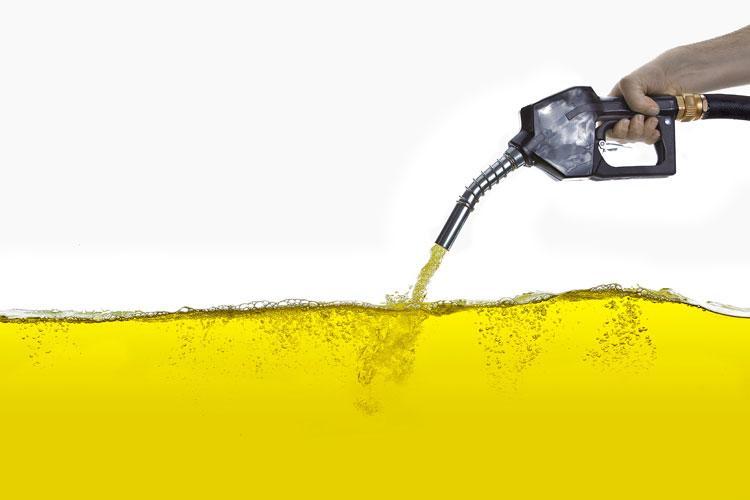Nutritional Strategies for Aspiring Golfers: Enhancing Performance Through Diet
For novice golfers, nutrition is a key factor in achieving peak performance on the course. A well-rounded dietary plan can provide the necessary nutrients to boost energy levels, support muscle growth, and aid recovery after rounds. This guide offers practical advice on macronutrient balance, hydration techniques, and micronutrient intake to help golfers and their coaches make informed dietary choices that enhance both immediate performance and long-term success.
Macronutrients: The Foundation of Energy
A balanced intake of macronutrients is essential for optimal golf performance. Carbohydrates are the primary source of energy needed for powerful swings and sustained play. Opting for complex carbohydrates—such as whole grains, fruits, and vegetables—ensures a steady release of energy throughout your game.
Protein plays a critical role in muscle repair and growth post-exercise. Lean sources like fish, chicken breast, or legumes provide essential amino acids without excess fat. Healthy fats from nuts, avocados, or olive oil contribute to satiety while aiding nutrient absorption.
Breakfast Ideas for Optimal Energy
- 2-3 hours before tee-off: Oatmeal topped with berries and nuts (for lasting energy)
- 1-2 hours before tee-off: Whole-grain toast with peanut butter and banana (for quick-release energy)
- 1 hour before tee-off: Smoothie made with Greek yogurt, fruit, and almond milk (provides protein along with carbs)
Court-side Refueling Techniques
- Every 3-4 holes: Sports drink (to replenish carbohydrates and electrolytes)
- Durng mid-round breaks: Protein bar or trail mix (for an instant boost in protein & energy)
- Around halfway through the round: Sandwich made with whole-grain bread filled with lean protein (to sustain energy levels)
The Importance of Hydration: Staying at Peak Performance Levels
Sufficient hydration is vital not only during play but also leading up to it—especially for beginners who may be more susceptible to dehydration effects such as fatigue or decreased focus.
Aim to hydrate adequately prior to your round by consuming about 16-20 ounces of fluid 1-2 hours beforehand. During play itself, strive for 8-16 ounces every 15–20 minutes regardless of thirst cues; water remains an excellent choice while sports drinks can be beneficial under extreme conditions.
Your post-game hydration should focus on replenishing lost fluids alongside electrolytes; consider incorporating small amounts of carbohydrates into your recovery routine as well.
The Role of Micronutrients: Supporting Recovery & Endurance
Minerals and vitamins are crucial components that facilitate various bodily functions necessary during golfing activities—from muscle function to nerve transmission—and they significantly impact overall performance.
- Packed Nutrients from Fruits & Vegetables:– Rich in Vitamins A,C,E plus potassium which aids muscle function.
- B Vitamins from Whole Grains:– Essential contributors towards effective metabolism.
- Zinc & Iron from Lean Proteins :– Vital elements supporting immune health alongside muscle development.
| Micronutrient | Food Sources | Functions |
|---|---|---|
| Vitamin C | Citrus fruits , broccoli , bell peppers | Immune support , antioxidant properties |
| Iron | Red meat , spinach , beans | Oxygen transport within muscles |
| Potassium | Bananas , avocado , sweet potatoes | Electrolyte balance |
| Calcium | Dairy products , leafy greens | |









